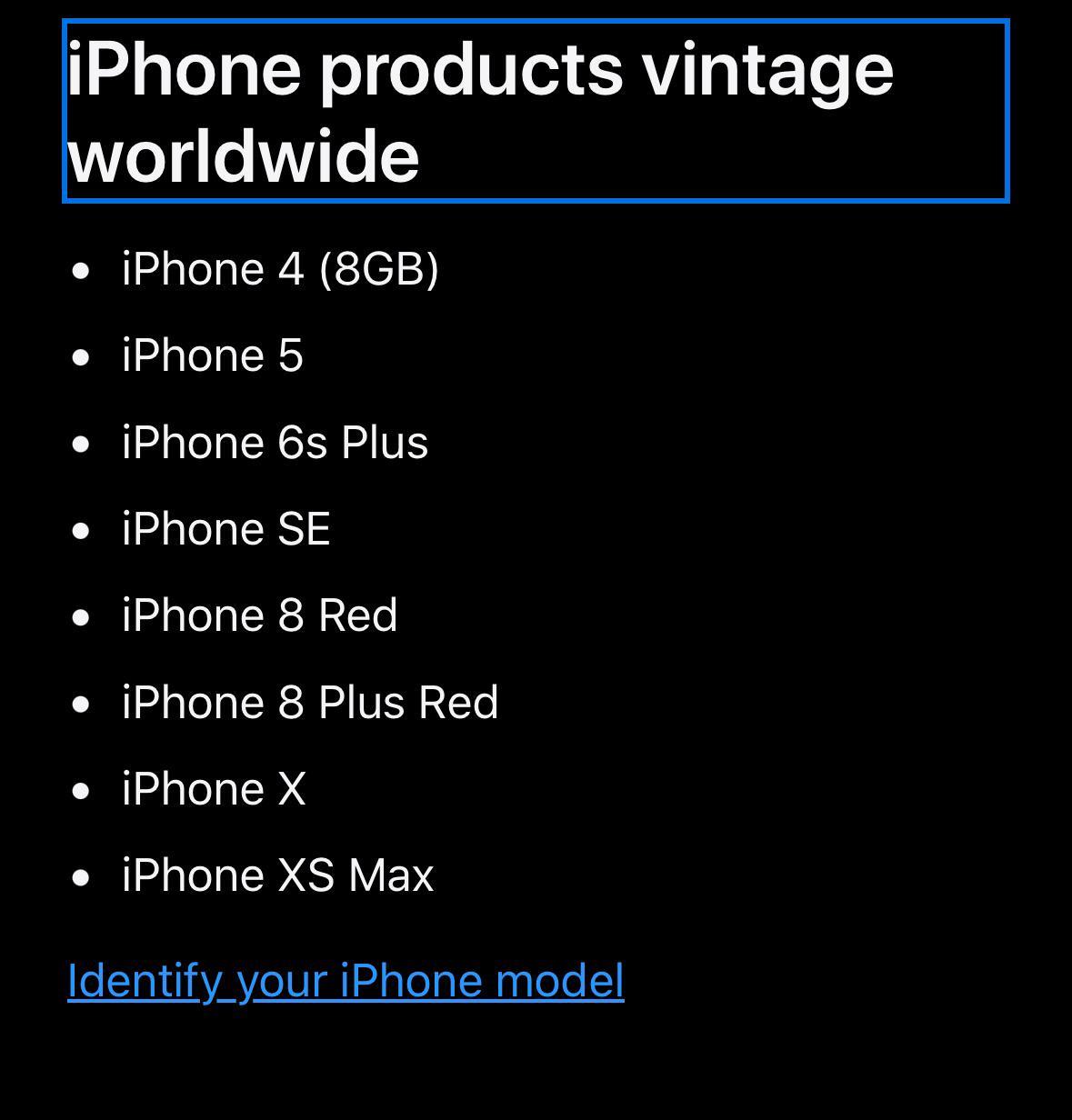
Obsolete Macbook Models Iphone 8 Plus Downgrades To Vintage
Apple has moved three MacBooks-the MacBook Air, the MacBook Pro and the MacBook Pro -to its obsolete products list. This change ends all hardware service support, including repairs and parts availability. Meanwhile, the iPhone 8 Plus has been reclassified as vintage, extending its limited repairability for up to two more years, depending on parts availability.
Apple's classification system allows only battery service for obsolete MacBooks up to ten years after discontinuation-subject to parts availability-but other repair services are discontinued. Vintage devices receive repair support for up to two years beyond their reclassification, provided spare parts remain available.
The affected MacBook models are among Apple's most compact, with the 11‐inch Air phased out in October 2016 after the introduction of the Touch Bar MacBook Pro. Its late reclassification confirms its long absence from mainstream support. The 2017 MacBook Pros, similarly discontinued in mid‐2018, have now joined Apple's formal obsolete roster.
The iPhone 8 Plus, launched on 22 September 2017 and discontinued in mid‐2020, marks one of Apple's final flagship devices with a home button and Touch ID. Its shift to vintage status recognises the five‐year threshold since it was last sold.
This update follows a trend in Apple's support lifecycle: products are designated“vintage” once five years have passed since they ceased sales, and“obsolete” after seven years, ending almost all support.
Industry analysts note the timing comes ahead of Apple's anticipated iPhone 17 launch, suggesting a strategic culling of older hardware from formal support lists.
Consumers still relying on these devices may encounter increasing repair challenges. For obsolete MacBooks, Apple Stores and authorised service providers will no longer offer parts beyond possible battery replacements. For the iPhone 8 Plus, repair options may be restricted if component stocks dwindle.
See also Wikipedia's Legal Battle Shapes Online Safety Act FutureAmid these developments, Apple appears to be shifting focus toward newer devices and software platforms. With the arrival of macOS Tahoe-set to be the final macOS to support Intel‐based Macs-Apple is clearly ushering support away from legacy models toward Apple Silicon architecture.
The move underscores the broader lifecycle reality that consumers and businesses must consider: even iconic, well-built devices eventually exit support, affecting repair options and overall longevity.
Notice an issue? Arabian Post strives to deliver the most accurate and reliable information to its readers. If you believe you have identified an error or inconsistency in this article, please don't hesitate to contact our editorial team at editor[at]thearabianpost[dot]com . We are committed to promptly addressing any concerns and ensuring the highest level of journalistic integrity. Legal Disclaimer:
MENAFN provides the
information “as is” without warranty of any kind. We do not accept
any responsibility or liability for the accuracy, content, images,
videos, licenses, completeness, legality, or reliability of the information
contained in this article. If you have any complaints or copyright
issues related to this article, kindly contact the provider above.
Most popular stories
Market Research

- BC.GAME News Backs Deccan Gladiators As Title Sponsor In 2025 Abu Dhabi T10 League
- Solotto Launches As Solana's First-Ever Community-Powered On-Chain Lottery
- Betfury Is At SBC Summit Lisbon 2025: Affiliate Growth In Focus
- Solo Leveling Levels Up: Korean Billion-Dollar Megafranchise Goes Onchain With Story
- Ethereum-Based Defi Crypto Mutuum Finance (MUTM) Reaches 50% Completion In Phase 6
- Nigel Farage To Headline At UK's Flagship Web3 Conference Zebu Live 2025


















Comments
No comment